Flanagan, who will take up a new role as chief executive of ICOS in July 2016, has said that, based on current projections, the outlook is very negative for dairy farmers for the coming season.
“We must all apply ourselves in trying to get over this deep and prolonged trough period,” he wrote in the organisation's latest newsletter this Wednesday.
The outgoing dairy policy executive estimates that dairy farmers could take a 30% cut in income this year between a combination of a lower income and higher expenses on inputs due to the poor weather so far this year.
“The typical dairy farmer could take a €30,000 hit on income,” he said. “That will result in a cashflow crisis on many farms, particularly for new entrants and those who expanded production significantly.”
While he is hopeful the market will rebalance sometime in 2016, Flanagan told the Irish Farmers Journal that there is a supply of product in the market that will still have to be moved once supply and demand come back into balance.
“The dairy products we’ve taken off the market and put into intervention and private storage will have to enter the market again at some point,” he said.
“But having said that, buyers are moved by sentiment so hopefully when the price improves, the market will rebalance quickly,” he added.
Co-op support
Flanagan also warned that dairy farmers might not be able to rely on as much support from co-ops in 2016 as they had in 2015, saying co-ops are unlikely to have “anything like the quantity of money lying around that was there last year”.
In 2015, co-ops supported dairy farmers to the tune of over €100m. Flanagan says co-op boards were “happy to provide that support, it’s what the co-op model is all about, but we have to be careful not to damage the co-op’s finances, which would undermine the position of farmers in the long term”.
Measures to help farmers
As an example of what can be done to help farmers, Flanagan championed the fixed milk price schemes from co-ops as well as Teagasc’s cashflow management tool - “Farm Financially Fit”.
The lack of a government means it is unlikely we will see any outcome on these issues any time soon.
He also referenced ICOS’s own proposed 555 scheme, which would allow farmers to put away money tax-free in good years to help with cashflow difficulties in the difficult years.
As well as the 555 plan, ICOS would like to see a deferral of the superlevy bill for this summer – “since every €1,000 of spending that can be saved this year could make a vital difference” – as well as a deferral of farm tax bills.
However, the lack of a current government is stalling plans to help farmers, since it means there is no long-term minister to lobby.
“The lack of a government means it is unlikely we will see any outcome on these issues any time soon,” Flanagan said. “Even if they are introduced, they would have to be looked at in the budget this year, which means they will likely not come into effect until 2017.”
In the meantime, Flanagan urged farmers to do their financial projections to make sure they survive this year. “The earlier they do that, the better,” he said.
Flexibility on state aid
While it was initially believed that EU Commissioner for Agriculture Phil Hogan would allow a new state aid allowance of €15,000 per farmer per year to be used to provide loans or guarantees to farmers without a requirement to reduce production, as claimed by the IFA at the time, the Commissioner has since clarified that the new state aid would be linked to the use of the voluntary milk supply reduction scheme – that is to a freeze in production.
According to Agra Facts, the Brussels-based news agency, Hogan told ministers at Monday's farm council meeting: “In a situation of overproduction, we need to be realistic … we cannot afford to pay aid to farmers who then further increase their output.”
The milk supply measure, which came into effect on 11 April, financially incentivises farmers to reduce milk production during the top production seasons of spring and summer.
Agriculture MEPs plan to discuss the measure with key players from industry in Brussels on 25 May, while ministers will hold a further debate on the market situation in June.
Time needed for measures to work on agricultural markets - Hogan




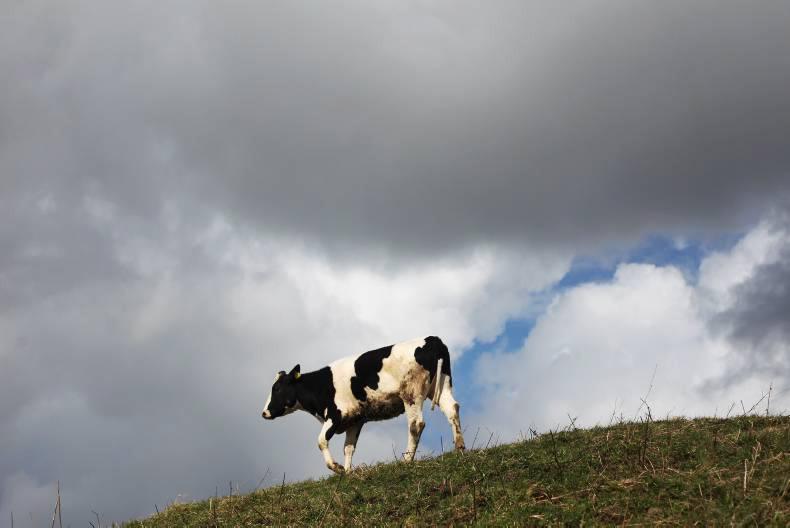
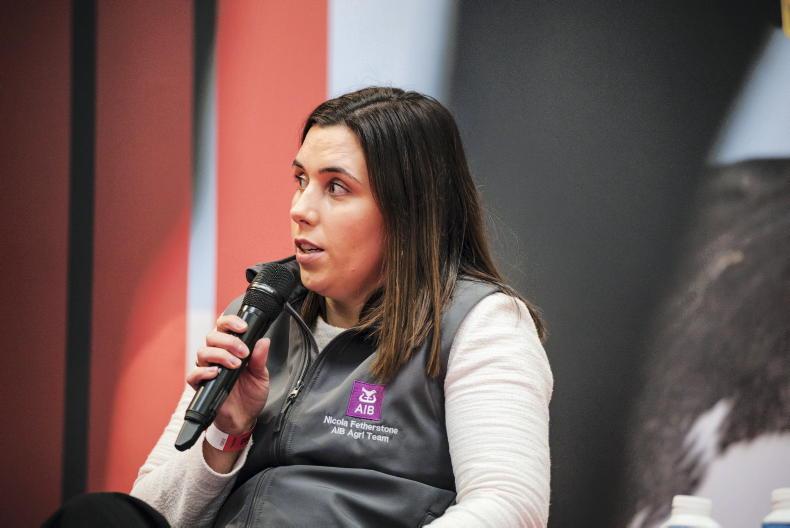

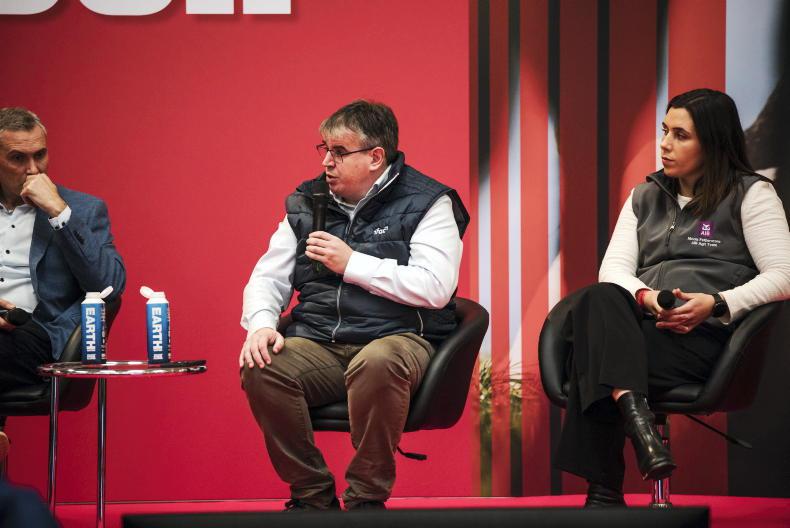
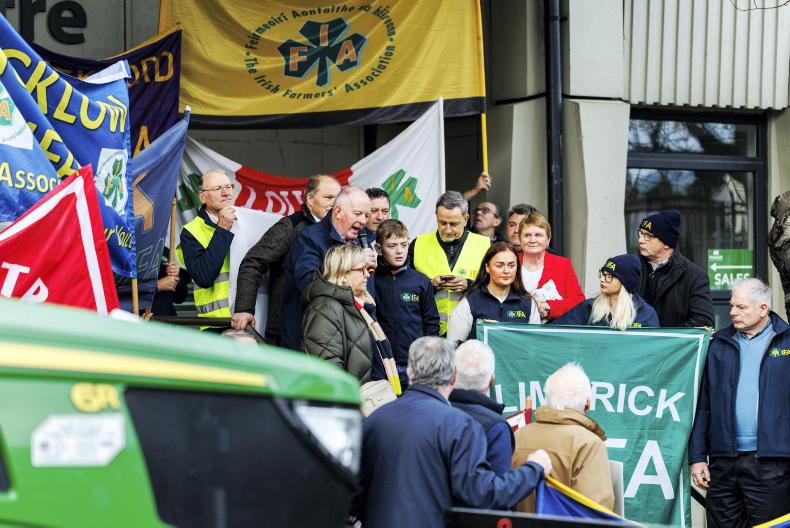
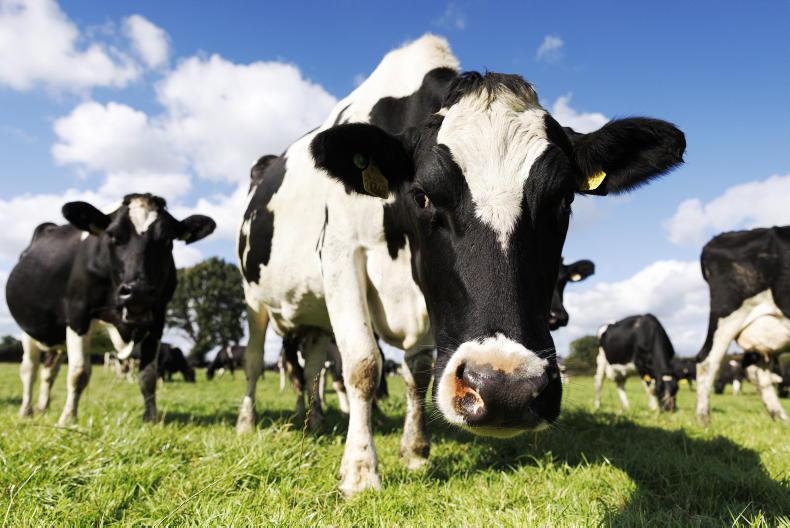
SHARING OPTIONS